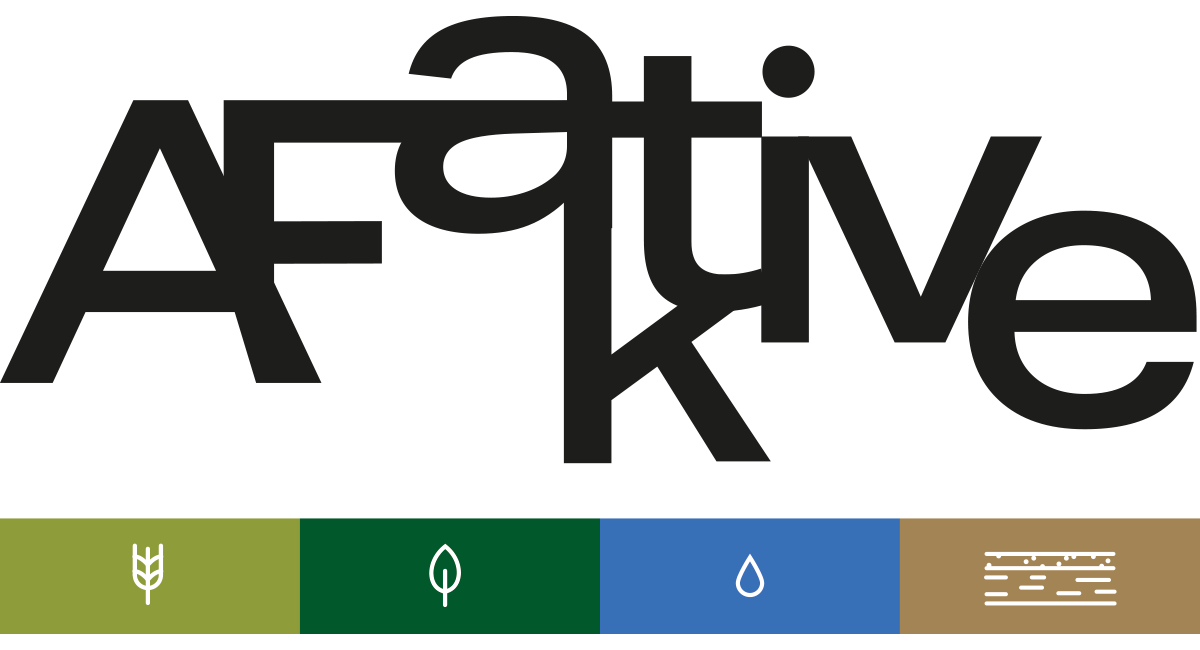With its innovative project ‘Agroforestry for the Heat Transition,’ Wurzener Land-Werke GmbH was among the finalists for the prestigious STADTWERKE AWARD 2025. The project is the result of close cooperation between many stakeholders: from the Agrargenossenschaft Böhlitz e. G. agricultural cooperative, which made the agricultural land available, to EU funding through the EU LIFE project ZENAPA, to scientific support from the Institute for Applied Material Flow Management (IfaS) through the FNR project AGROfloW.
Even though it did not win first place, the nomination once again underlines that this project is one of the six most innovative municipal utility projects in Germany – even in competition with significantly larger energy suppliers.
Strong competition in the final
From a total of 51 entries from Germany and Austria, a panel of experts narrowed the field down to just six finalists – including Wurzener Land-Werke GmbH.
This means that the company was able to assert itself in a high-calibre environment. The nominees included some of the largest energy suppliers in the German-speaking countries, including Stadtwerke München GmbH with around 11,600 employees, Stadtwerke Bonn GmbH with over 2,800 employees and Wien Energie GmbH with over 2,400 employees.
‘We are proud that our agroforestry project is gaining nationwide recognition as a model for agriculture and sustainable energy supply,’ says Stefanie Kleine, Managing Director of Wurzener Land-Werke GmbH. ‘The nomination shows that innovation and team spirit are more important than company size.’
Agroforestry project provides climate-friendly heat
Wurzener Land-Werke GmbH qualified with its agroforestry system in the Thallwitz district of Böhlitz. Over 30,000 trees, including poplars and valuable wood trees, were planted on 18 hectares of arable land.
The concept combines agricultural use with climate protection and regional heat production: after around six years, the first poplars are harvested and processed into wood chips, which are used as biofuel in the Wurzener Land region. This creates ecological added value and a regional value creation cycle.
